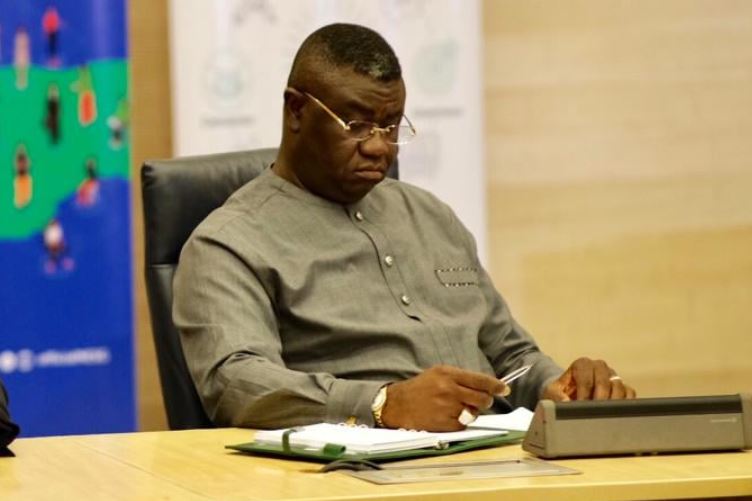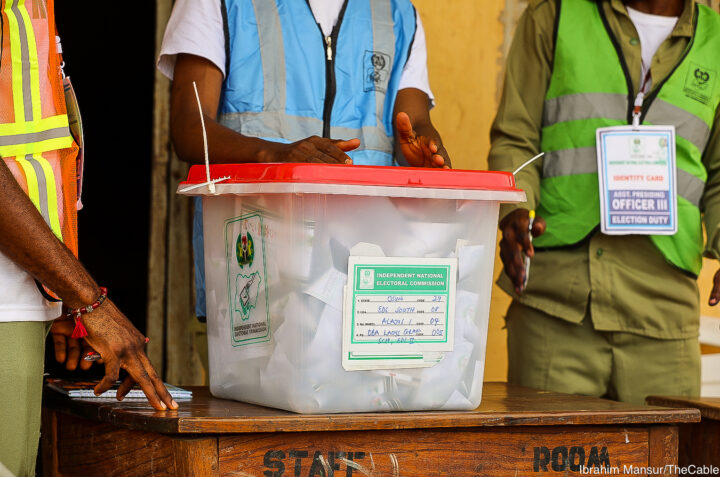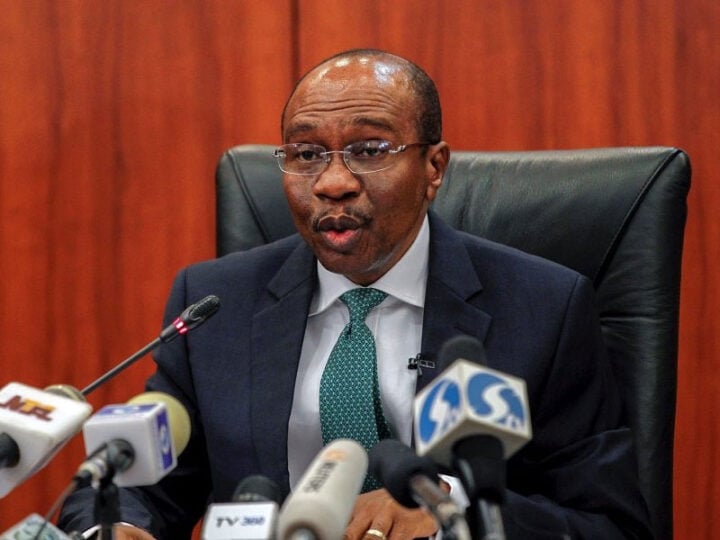Clem Agba, minister of state for budget and national planning, says relevant committees on post-petrol subsidy palliative measures have not harmonised their discussions.
Agba spoke on Wednesday while addressing journalists after the federal executive council (FEC) meeting presided over by President Muhammadu Buhari.
The federal government budgeted N3.35 trillion for petrol subsidy payments in the first half of the year, after which the subsidy will be scrapped.
The minister said the committee, headed by Vice-President Yemi Osinbajo, had been working with the national economic council (NEC) for over a year on palliatives that will help to cushion the effects of the subsidy removal.
Advertisement
Membership of the NEC comprises the 36 state governors, the governor of the Central Bank of Nigeria (CBN), and other co-opted government officials.
However, he said the suggestions from the federal government and the governors were yet to be unified.
He explained that the situation requires time as it would affect the entire nation, adding that the committees wanted to ensure that every citizen was carried along.
Advertisement
Agba said the ministry of petroleum resources and other relevant agencies have also been working on the issue.
“For over a year plus now, the Vice President, Yemi Osinbajo has been leading a committee working on this and the National Economic Council also has a committee that has also been working on this,” he said.
“So, the stage that we are in now is how to finalize the suggestions that have come out from both the federal government and the governors’ side. Like you know, it is something that is going to affect the entire nation.
“They will just have to ensure that everyone is carried along, that is both the federal and subnational governments.”
Advertisement
Agba said the council also approved Nigeria agenda 2050 which aims to make Nigeria a high-income economy.
He said the initiative is designed to transform the country into an “upper-middle income country and subsequently to the status of high-income countries.
The plan aims to fully engage all resources, reduce poverty, as well as achieve social and economic stability.
Agba explained that the “Nigeria Agenda 2050 projects annual average real GDP growth of 7.0 percent”.
Advertisement
Advertisement
Add a comment






